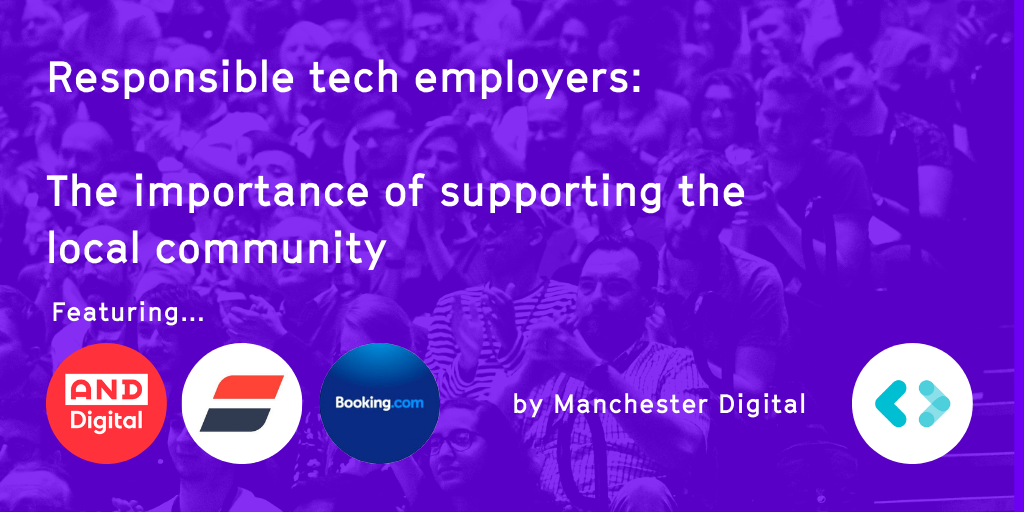Another week, another round of mass layoffs in the tech sector. With Amazon (AWS) and Meta cutting thousands of jobs, and further layoffs at Salesforce and of course Twitter, it has felt a bit like the tech world has been imploding of late. This is of course concerning for us working in B2B tech PR, but more importantly for the developers, engineers, product managers, in fact anyone who has been made redundant from these businesses, considering how they have been let go and what they will do next is worrying. The pendulum seems to have swung from there being a dearth of tech talent with businesses fighting over it not that long ago, to a situation where there is a glut.
However, the outlook may not be as gloomy as it sometimes feels. In fact, many analysts believe that this contraction is more of a market correction following the rush to digitisation as a result of the pandemic. And yes, the tech industry seems to have been hit hardest – but no industry is immune from the rising costs that are causing redundancies to be made everywhere.
Whatever the future holds, the situation for many businesses is that it’s simply not viable to retain talent any longer. But the way in which you communicate these cost-cutting measures could have long-lasting consequences for the media profile of your business and the way you are viewed, both from the outside and from within your organisation. This in turn could impact on investor decisions, future talent acquisition, retention, and of course have potential negative consequences in the media.
So below are a couple of things to remember, from a PR perspective, should you be in the unenviable position of having to make forced layoffs.
Remember, it’s Human Resources
Employees aren’t machines. It can sometimes feel like tech companies operate in a way which feels transactional in its communications. Yet it’s vital for the employee and for the reputation of the business to ensure news of cuts is conveyed to staff in the right way.
Although not a tech company, remember the P&O Ferries boat crash of a PR disaster? The impact of laying off your entire workforce in an unexpected, pre-recorded video message sent shudders through the comms world as an exercise in what not to do. The apparent brutality of the way the news was imparted was far-reaching and went way beyond the impact on employees; the brand perception of P&O plummeted in the months following this event.
Such a media maelstrom can have serious long-term impact on your bottom line, for any business. Customers, whether consumers or businesses, are humans too – and they want to buy from businesses that value their employees and treat them well.
Don’t fire people on Twitter
It may seem like a basic lesson in common courtesy, but telling people either on Twitter, or indirectly through any public channel or medium, rather than in person, is unwise.
Depending on the size of your business, you may want to consider releasing a statement to the press from the CEO explaining why such difficult decisions have had to be made. This will help people to understand the processes involved and to reassure investors. Social media is a great tool for the senior leadership team to add any further colour to the reasons they have had to take these steps and why this is necessary to secure the future of the business. Importantly, this needs to be genuine, as opposed to a copy and paste job filled with corporate jargon. Audiences want authenticity from a brand in good times and bad. And remember, publicly shaming employees when you’re the boss is never a good idea; it may end up with you needing a bodyguard in your own office.
Looking to the future
The way in which your tech business is viewed both from the investor community, potential customers, and current employees, can be revitalised through PR whether you’re in a period of restructuring or not. A consistent PR programme that includes a drumbeat of positive news stories, and relevant opinions, will help you to sustain momentum among your target audiences, focusing on the key messages you want to communicate.
It used to be the case that today’s bad news was tomorrow’s fish and chip wrapping. We can’t rely on that anymore; a company’s digital footprint isn’t going anywhere. And you don’t want the first thing your next potential investor to see being disgruntled former employees complaining about how they’ve been treated on Glassdoor.
Ultimately, this comes down to respect for each other. We all know businesses are facing tough times. Treating people badly will only make the recovery harder.









